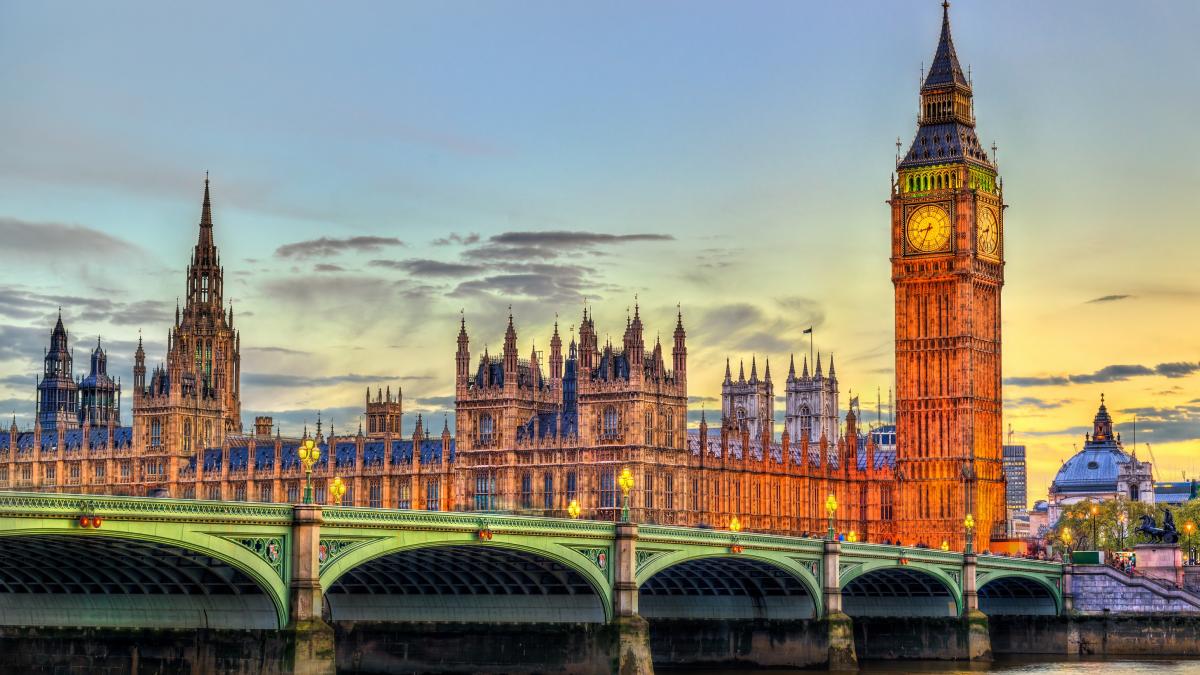 The IFoA's Head of Public Affairs, Henry Thompson, breaks down the UK Government's legislative agenda following the Queen's Speech 2021.
The IFoA's Head of Public Affairs, Henry Thompson, breaks down the UK Government's legislative agenda following the Queen's Speech 2021.
For obvious reasons, this year’s Queen’s Speech was a scaled-down affair. But not only was it light on the usual pomp and pageantry, on reflection, it was also light on substantive legislative proposals.
For a government emerging from a terrible crisis, the Queen’s Speech felt like an opportune moment to set the tone on the next chapter of its time in office, with a suite of ambitious proposals designed to steer the UK back on course after a turbulent 14 months. Indeed, a broadly positive set of election results for the Prime Minister last week would typically provide a strong platform for the incumbent party to demonstrate its current grip on power by flexing its legislative muscles.
However, it took just nine minutes for Her Majesty to fulfil her duties on this occasion, leaving many commentators to take an interest in what wasn’t in it, rather than what was. Perhaps the financial cost of the pandemic to the Exchequer (which continues to mount up) constrains the Government from implementing a wider set of measures?
Ahead of the Queen’s Speech, the IFoA called for the Government to prioritise the interests of future generations in its programme for the next parliamentary session. Across a number of our policy priorities, we have consistently called for a long-term view to meet the needs of UK society, without placing an unfair and unmanageable burden on younger, and future generations, especially in areas such as retirement, climate change, and health and social care.
It was on this latter point that the Government took some very tentative strides to progress much-needed reform. For too long, social care has been kicked into the long grass by successive governments of all parties. Her Majesty did announce some planned activity: “We will bring forward proposals for social care reform in 2021 to ensure that every person receives care that provides the dignity and security they deserve”.
The keyword here is proposals, which some had hoped might be legislation. And so it’s disappointing that the urgency at which reform is being brought about does not match up against the vast challenge facing the care sector – a sector that was blighted by the pandemic. Actuaries can play a valuable role in offering a unique perspective on potential long-term funding solutions, so it’s vital that the Government brings the relevant stakeholders to the table to bring about the required reform.
With the UK set to host COP26 later this year, environmental measures were always expected. The UK intends to become the first major economy to legislate for net-zero by 2050 through the Environment Bill, which will set legally binding targets on emissions and restore nature and biodiversity. The establishment of an independent Office for Environmental Protection is part of those measures too.
Amidst the other slim pickings, the profession will be interested in the Charities and Dormant Assets Bill, which is said to unlock around an additional £880m for social and environmental initiatives across the UK. The bill will expand the Dormant Assets Scheme into the insurance and pensions, investment and wealth management, and securities sectors. The IFoA contributed to the development of this proposal last year and the team will be following its progress closely.
Despite ‘levelling-up’ being the operative political buzzword, there was decidedly little in the way of concrete proposals as to what this agenda amounts to. A White Paper is expected later this year on the PM’s flagship initiative.
For a more detailed analysis of the Queen's speech, please refer to this briefing note compiled by the IFoA's Policy and Public Affairs Team.